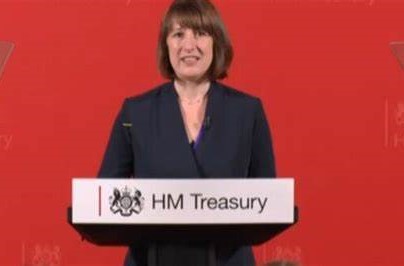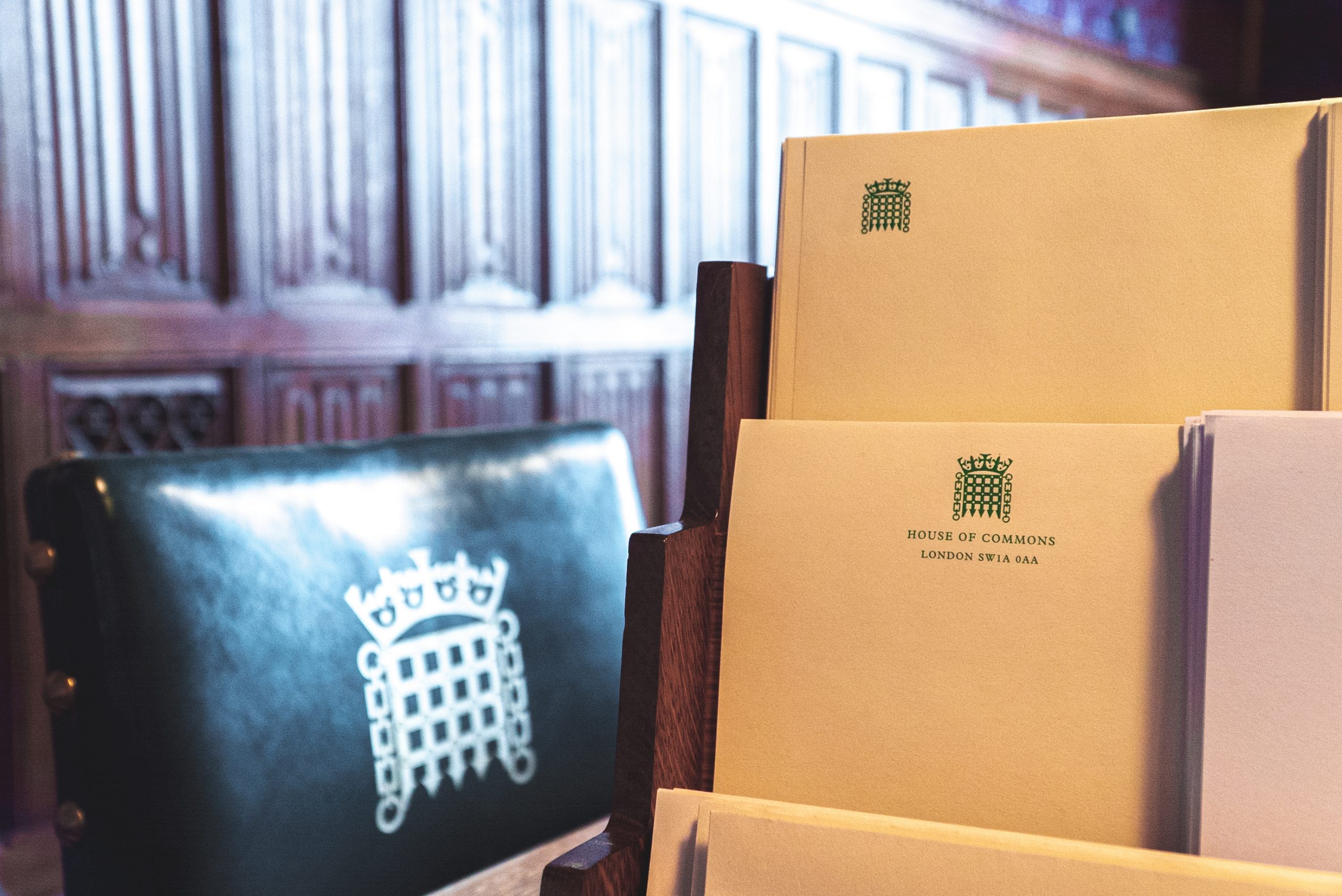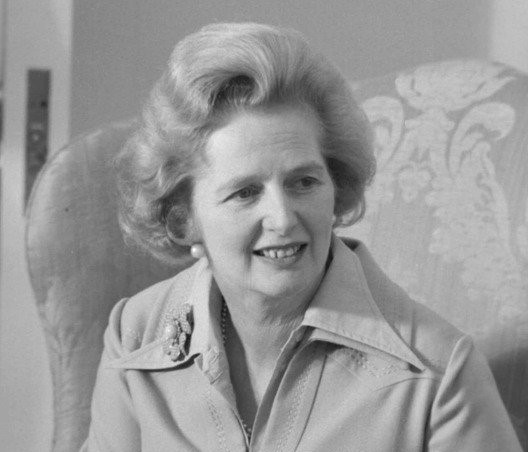The debate over Labour’s approach to property taxation has intensified, with reports suggesting chancellor Rachel Reeves is considering a capital gains tax (CGT) on profits from main residences.
Currently, homeowners do not pay tax on any profit made when selling their primary residence, thanks to long-standing exemptions. But according to The Times, Reeves is exploring a plan to change that rule — meaning homeowners could face a tax bill if the profit on their home exceeds a certain threshold.
This latest proposal comes on the heels of reports that the Government is weighing up a radical overhaul of stamp duty and council tax, as it looks to plug a £51 billion fiscal shortfall.
Critics argue such a move would not only erode the principle of a property-owning democracy, but also risk destabilising the housing market, especially in high-value areas where property appreciation is significant.
The Treasury has not yet confirmed any final decisions, but the rumours have already sparked fierce opposition from property professionals and homeowners alike.
Craig Fuller, founder, Craig Fuller Property, commented: “News that Rachel Reeves is considering abolishing stamp duty and replacing it with an annual levy on homeowners, while also introducing capital gains tax on people’s main residences, is complete madness. It would paralyse and depress the property market, discourage people from moving, and unfairly penalise those whose homes have simply risen in value over time.
“The government should instead be adjusting the brackets to stamp duty at the lower end of the market, as it was previously, and reintroducing multiple dwelling relief. That would stimulate transactions, support first-time buyers, and restore confidence at the foundations of the market.
“However, with the market having been more challenging over the past couple of months, even the rumour of these kinds of changes could be enough to shift behaviour. We have offers on the table that remain unaccepted due to hesitation, and I think this may prompt more people to say ‘let’s just get on with it.’ The uncertainty alone can be enough to push people into making decisions.”
Also reflecting on suggestions that Labour is looking at charging capital gains tax on main residences above a certain threshold, Tom Bill, head of UK residential research at Knight Frank, added: “One key question is when any gains would be calculated from. Based on the last decade, I’d be surprised if there was anything to tax at the top end of the property market given that prices in prime central London are down 20% over that time. A tax that reduced demand further would therefore also affect the prospect of future gains and could be self-defeating.
“If CGT applied from when the property was last bought, it would divide sellers into two groups – those sitting on a gain and those who are not. Anyone with a taxable gain would think twice before selling, which would reduce transaction numbers.
“The government seems to want a predictable flow of revenue that is skewed towards the wealthiest homeowners. That would be best achieved by re-banding council tax rather than introducing transaction taxes that change behaviour in the most discretionary part of the property market to the point they fail to raise what is intended.”
What impact could new capital gains tax proposals have on your local housing market?








